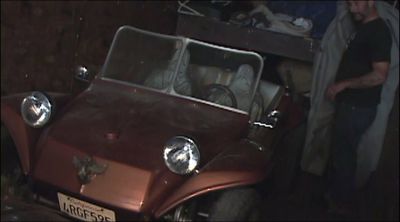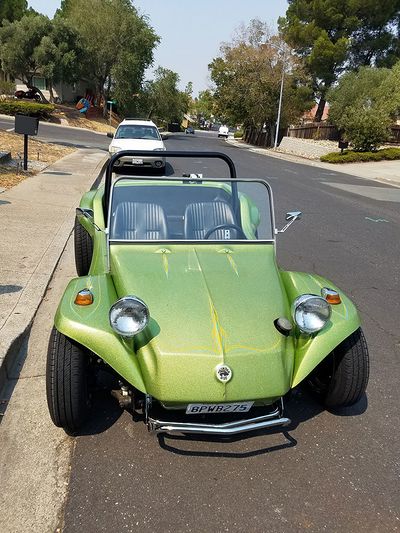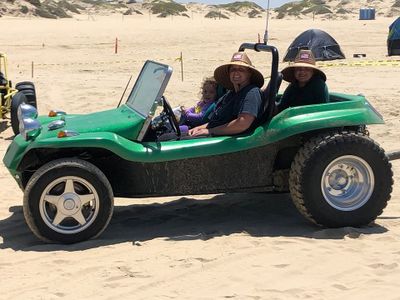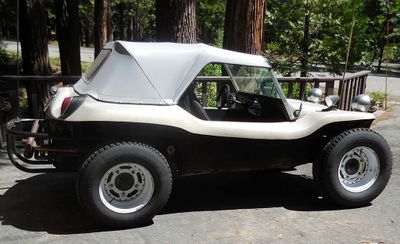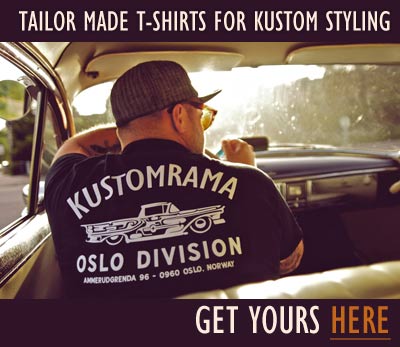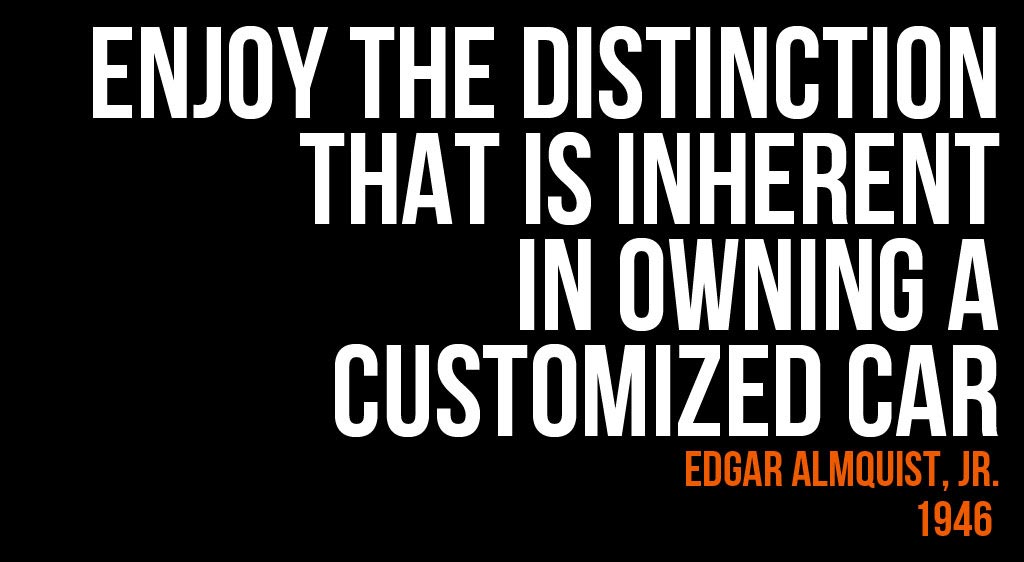Thunderbug Dune Buggy
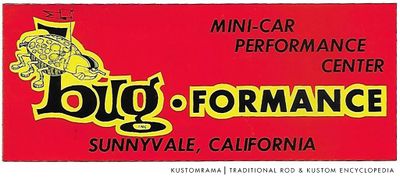



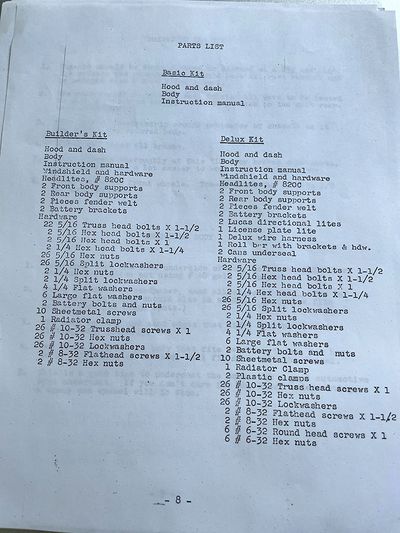
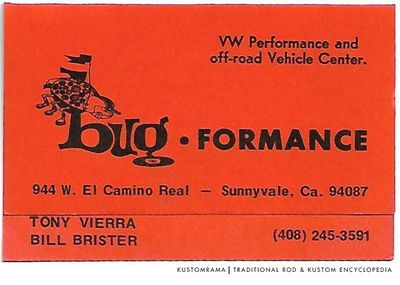

Bugformance Inc., based in Sunnyvale, Northern California, was a prominent manufacturer in the dune buggy industry from the late 1960s to the mid-1970s. Co-founded by Tony Vierra and Clay Diekmann, the company originally evolved from the Manx House, a business that Vierra and a friend purchased after Vierra sold his own Manx buggy to finance the acquisition.[1]
In March of 2024, Henrik Forss interviewed Vierra about the Thunderbug, and he explained to him how it all happened; "Yeah, I was about 20 years old and had always been involved in hot rods, and was at the time working at Goodies Speed Shop in San Jose, California" At the shop, Vierra worked with Jim “Jungle Jim” Liebermann whom he also went to school with. "Then, one day, I read an article on Manx buggies, and I immediately got hooked.” Shortly after that he built a Manx buggy for himself. However, not long after that, he had an opportunity to buy The Manx House with Diekmann. They changed the name to Bugformance Inc.. The shop not only built dune buggies but was involved with anything VW-related and even built pure rail jobs for racing.[1]
Contents
Development and Features
The Thunderbug dune buggy, the flagship product of Bugformance Inc., was designed to improve upon the traditional Manx body. Known for its sturdy build, the Thunderbug was similar in dimensions to the Manx but featured thicker edges and partially hand-laid fiberglass, differing from the all-chopper gun fiberglass commonly used in other buggies at the time. The interior surfaces of the Thunderbug were textured, with molded tubes under the fenders for added strength and wire housing. The design also incorporated Squareback turn signals at the front and oval taillights at the back.[1]
Production and Sales
Throughout its production years, Bugformance Inc. manufactured and sold approximately 35-50 Thunderbug units. These vehicles were often sold as turnkey cars, fully assembled and ready for immediate use, catering to a robust clientele through a complete shop manned by five employees. However, due to the absence of serial numbering, the exact count of Thunderbugs produced remains uncertain.[1]
Ownership Changes and Legacy
In 1970, Vierra bought out his partner Diekmann and subsequently hired Bill Brister as a manager. By 1975, Vierra sold the business to Brister, who then expanded the brand, licensing the name to four other stores and managing it successfully for about 35 years. Brister, noted for winning the Pikes Peak race four times, contributed significantly to the brand's reputation.[1]
After selling Bugformance Inc., Vierra continued his involvement in the automotive industry, engaging in various activities such as off-road racing, building cars for Pikes Peak and Short Track, and founding an Off-Road organization in the Bay area. Notably, around the time of the company's sale, the original Thunderbug mold was stolen and has never been recovered.[1]
Revival
When Henrik Forss interviewed Vierra in March of 2024, he had recently discovered an unbuilt Thunderbug. Inspired, he had decided to build another Thunderbug, blending the original designs with modern parts and technology, thus bringing the legacy full circle. Bugformance Inc. remains a notable name in the history of American automotive culture, particularly within the dune buggy community, celebrated for its innovative designs and quality craftsmanship.[1]
References
Did you enjoy this article?
Kustomrama is an encyclopedia dedicated to preserve, share and protect traditional hot rod and custom car history from all over the world.
- Help us keep history alive. For as little as 2.99 USD a month you can become a monthly supporter. Click here to learn more.
- Subscribe to our free newsletter and receive regular updates and stories from Kustomrama.
- Do you know someone who would enjoy this article? Click here to forward it.
Can you help us make this article better?
Please get in touch with us at mail@kustomrama.com if you have additional information or photos to share about Thunderbug Dune Buggy.
This article was made possible by:
SunTec Auto Glass - Auto Glass Services on Vintage and Classic Cars
Finding a replacement windshield, back or side glass can be a difficult task when restoring your vintage or custom classic car. It doesn't have to be though now with auto glass specialist companies like www.suntecautoglass.com. They can source OEM or OEM-equivalent glass for older makes/models; which will ensure a proper fit every time. Check them out for more details!
Do you want to see your company here? Click here for more info about how you can advertise your business on Kustomrama.
